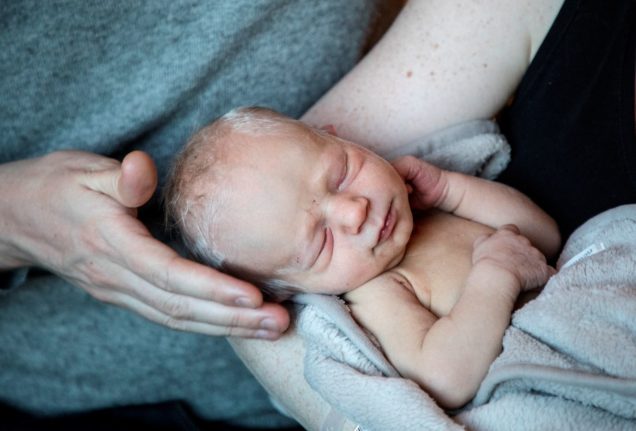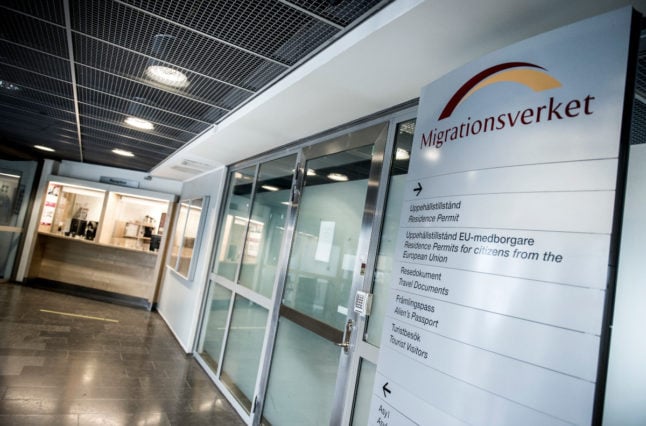In 2022, William and Astrid were the most popular names for newborns in Sweden, although these names have now dropped to third and ninth place in the rankings for 2023, which mark the first time the rankings have been carried out by the Tax Agency rather than Statistics Sweden.
“It feels very fun to be taking over this service, as it’s so popular among expectant parents,” Tax Agency statistician, Caroline Ledin, wrote in a press statement.
For newborn girls, Elsa came first place in 2023, with 588 babies given the name last year. Next up – with just one child between it and top spot – came Vera, which was the name given to 587 newborns.
Rounding out the top five were Alma, Selma and Alice.
Noah, which has been hovering close to the top spot for a number of years, finally came out on top last year. A total of 655 newborn boys were given the name last year. In second place was Hugo, up two places from last year, with 622 boys given the name in 2023, followed by William, down from first place to third. In fourth place came Liam, followed by Nils in fifth.
Names that have dropped out of the top 100 entirely include Felicia, falling from 95th to 128th place, and John, which fell from 85th place to 104th.
Parents in Sweden have three months from the birth of their child to officially register its name, meaning that some children born at the end of the year may not have made the list. For this reason, name statistics will be updated again in April. With only one child separating the first and second most popular names for girls, this means we could end up seeing Vera and Elsa swap places.



 Please whitelist us to continue reading.
Please whitelist us to continue reading.
Member comments